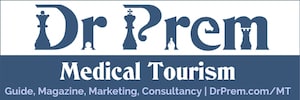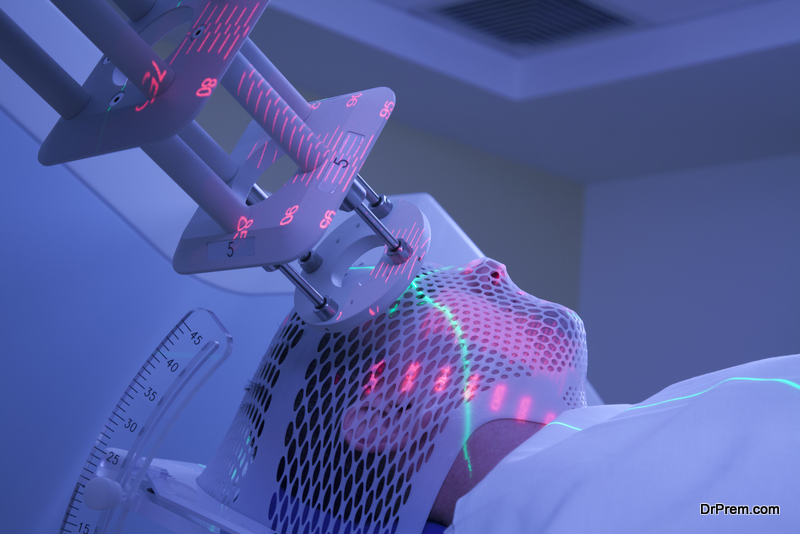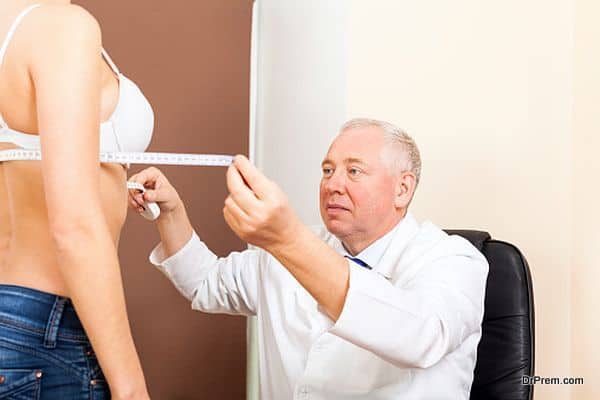Definition:
Brachytherapy also known as sealed source radiotherapy or endocurietherapy is a type of radiotherapy used to treat different cancerous conditions. In this type of radiation therapy the radioactive ‘seeds” are placed inside or next to the cancerous tissue to kill cancerous cell effectively.
Why it needed?
Brachytherapy is advised to treat different kind of cancers that includes
- Cervical/endometrial
- Prostate
- Breast
- Skin
- Coronary artery disease
- The brachytherapy can be used alone or in combination with other cancer treatments.
Types of brachytherapy
- Low-dose rate (LDR) implants- after implantation they are taken out within 1-7 days
- High –dose rate(HDR) implants- implants are kept in place for a few minutes at a time and then taken out
- Permanent implants- these implants stay in body and are not removed, over the time the radiation gets weaker but the implants stay in its place
Facts and figures
- The suggestion about brachytherapy for the use to treat tumor, was given by Pierre Currie in about 1901, shortly after the discovery of radioactivity.
- The techniques for the application of brachytherapy were founded by Danlos at Paris and Robert Abbe at New York in early twentieth century.
- According to the statistics published by CET cancer centre in the year 2009, about 10,267 total HDR( High dose rate) implants are performed.
Advantages
- Brachytherapy is a very effective and safe alternate to surgical removal of the prostate, breast and cervix for the treatment of the cancer.
- It is a minor surgical procedure which has low risk of major complication
- It shortens the duration for the treatment, as well as recovery period
- It reduces the long term side effects of conventional radiotherapy
- There are les chances of damage to the vital organ adjacent to the tumor
Disadvantages
- Patients having permanent implants has to limit the amount of time spending with children or pregnant women for certain duration post procedure
- Some patients needs to limit time with visitors while implant is place
- In few cases of prostate cancer , where permanent seeds are implanted the seeds may migrate out of the treatment region into the bladder or urethra and passed out in urine
Risk and complication/side effects associated with brachytherapy includes:
Acute
- Transient urinary retention, incontinence or painful urination
- Increased frequency of bowel movement, diarrhea constipation or minor rectal bleeding
- Shedding of the outer layers of skin
- Ulceration
Long term
- Damage or disruption of adjacent tissues or organ
- Erectile dysfunction
- Scarring
- Fat necrosis of breast tissue
Pre procedure Preparation
- Complete physical examination
- Blood and urinalysis
- X-ray chest, ECG etc
- Visit to a doctor and have a knowledge about the risk, post surgical rehabilitation and possible outcome of the surgery.
- Consultation with surgeon or doctor a week ago, and have a list of medicine which are to be taken or needed to be stopped.
- Inform the surgeon about habit of smoking and alcohol.
- Arrangement for leave from work, help at home, helps with driving and during rehabilitation program.
- Do not eat or drink anything after midnight the night before surgery
- Have a easy to wear clothes
- Medical tourist are advised to select a comfortable and handicap accessible hotel room, for recovery after getting discharge from hospital
Post procedure care:
- Brachytherapy is an outpatient procedure, very rarely patient needs to stay at the hospital for 1-2 days after the brachytherapy.
- Patient may have mild pain, bruising and tenderness immediately after the procedure at the implanted region, that usually goes within a few days following completion of treatment.
- The ice bag is placed to reduce swelling at treated area. Medication will be prescribed and dietary instructions will be given to treat the acute side effects.
Dos, Don’ts and precautions:
- Be sure to follow all special instruction given by the health care provider, as spend less time with kids and pregnant women after permanent seed implantation
- Take enough rest
- Apply ice packs by wrapping the ice in cloth or towel to reduce swelling and pain
- Take the medicine as per prescription regularly
- Have a healthy balanced diet and drink lots of fluids
- Don’t swim or take bath in hot tub for about a week
- Avoid strenuous activity for at least 1 week
- Avoid sexual intercourse for about 2 weeks
Generally, patient can resume normal activities within 4 or 5 days.






